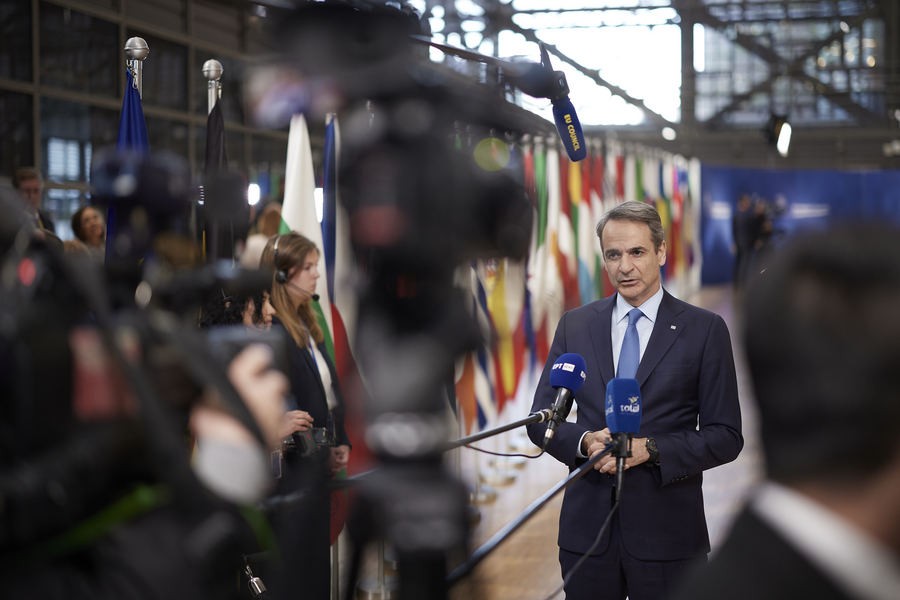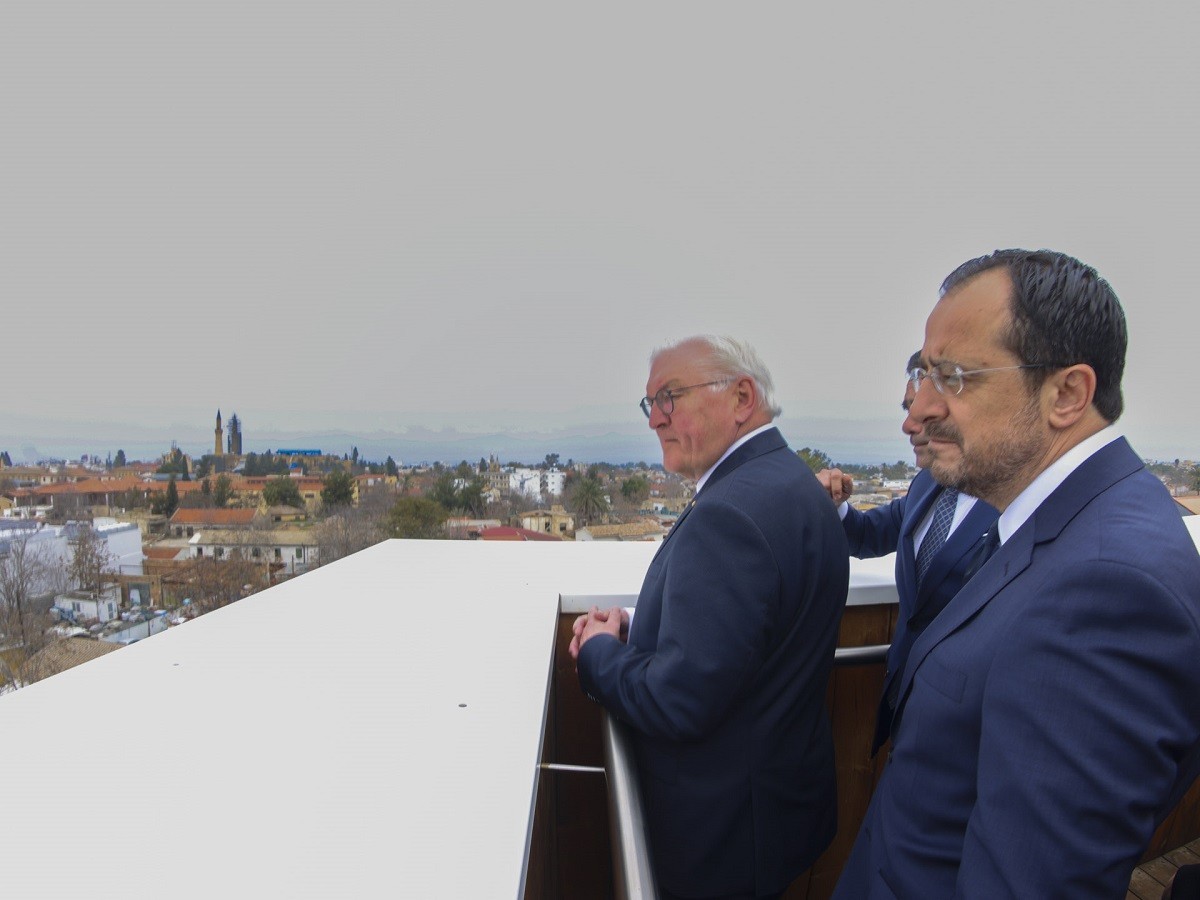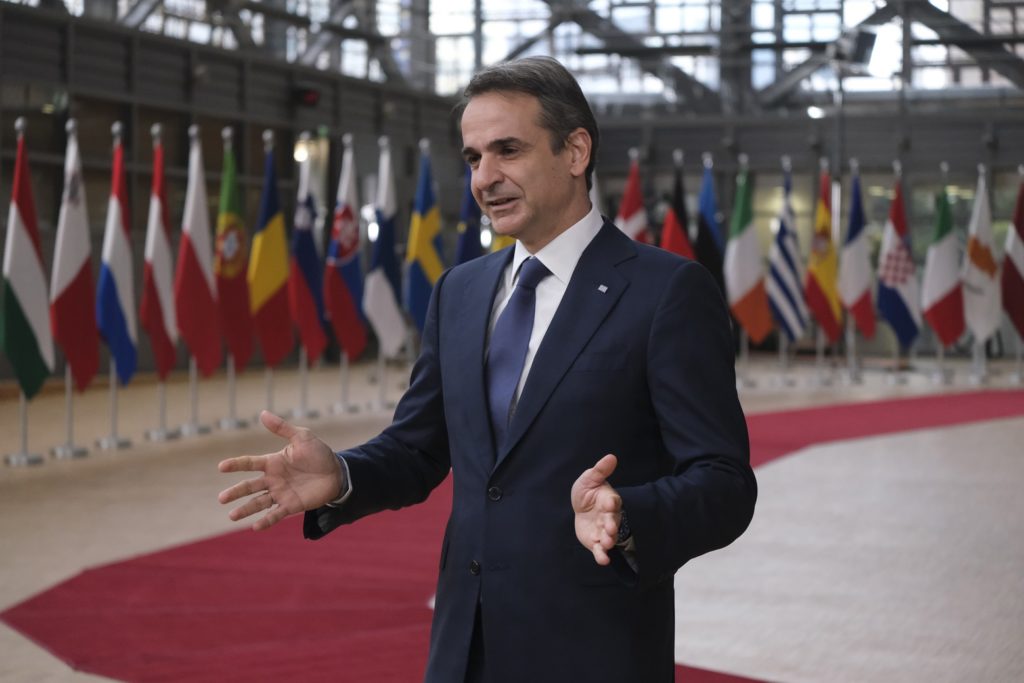
European Council reaches decision on immigration despite deep rifts among members
The heads of state and government of the 28 member-states of the European Union reached an agreement on the migration issue, after almost 12 hours of negotiations in Brussels, at about 5:30 am Athens time.
“The leaders of the 28 EU countries have agreed on the conclusions of the summit, including those on migration,” Donald Tusk, chairman of the European Council, posted on Twitter.
Respecting its principles and values and having assumed more than its share of the burdens, Greece and the EU countries that have followed a similar stance with it, made a decisive contribution to arresting a profoundly conservative shift in the European project during Thursday’s marathon European Council meeting on migration (which ended shortly before 05:00 on Friday, Belgian time).
According to sources, there was a clash in the European Council between the forces that want a collective European solution based on shared responsibility and solidarity in the migration and refugee issue, which is also a European challenge, and the forces that leaned toward unilateral action and against that sharing of responsibility that arises through their participation in the European family.
Greece, together with Spain, France, Germany, Sweden, Portugal and Malta, were confronted with the known positions expressed by Austria and the Visegrad countries, who support a ‘fortress Europe’ approach.
Italy, despite its initial objections to a collective approach to the issue, eventually joined the rest of the EU countries.
Thus the risks avoided were:
1. On the issue of primary flows in the central Mediterranean, to adopt a decision that would explicitly mention the creation of closed centers in Africa.
2. The challenge of secondary flows being resolved by border controls and the de facto creation of a mini-Schengen. This risk was highlighted by the Greek Prime Minister, Alexis Tsipras, at the informal working meeting last Sunday in Brussels.
They also prevented the postponement of the Dublin revision in a fair way.
Faced with these dangers, Greece highlighted the values of solidarity and shared responsibility, which constitute or ought to be the foundation of Europe. Points emphasized at the Council included:
1. The European approach to managing migration and refugee flows must be comprehensive, taking into account all three dimensions of the issue: external (relations with third countries), border management, and internal aspects.
2. The importance of effective cooperation with Turkey was stressed in the framework of the EU-Turkey Joint Statement. At the same time, EU leaders agreed on the second tranche of refugee aid for Turkey, a country hosting 3.5 million refugees, as well as the need for Turkey to implement the bilateral readmission agreement with Greece, which it has suspended, and the EU-Turkey readmission agreement.
3. The European Council conclusions emphasised that the Dublin Regulation needs to be revised on the basis of solidarity and shared responsibility.
Source: AMNA

